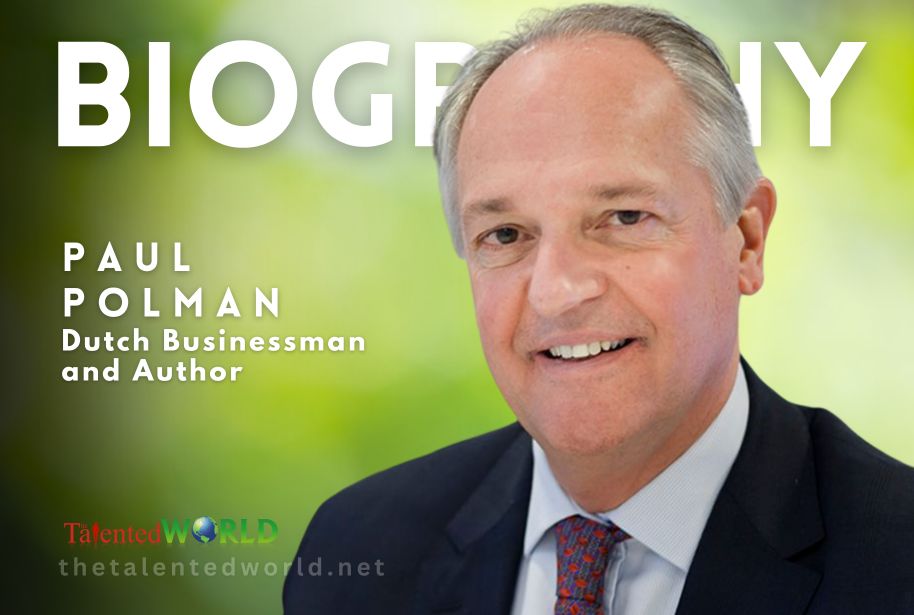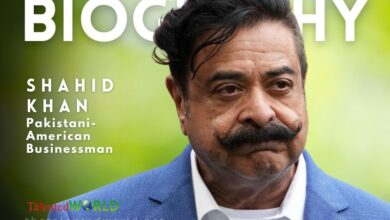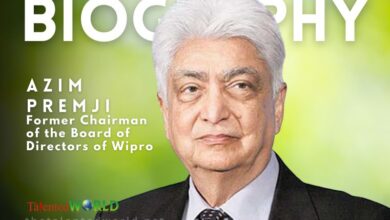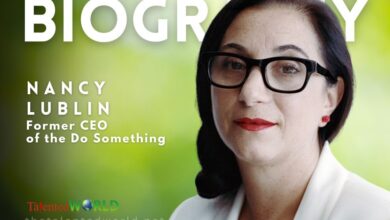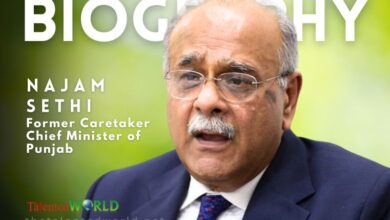| Full Name | Paulus Gerardus Josephus Maria Polman |
| Date of Birth | 11 July 1956 |
| Age | 67 |
| Place of Birth | Enschede, Netherlands |
| Education | – BBA/BA from University of Groningen – MA in Economics and MBA in Finance and International Marketing from University of Cincinnati |
| Occupation | Businessman |
| Years Active | 1979–present |
| Title | Former CEO, of Unilever |
| Term | 2009-2019 |
| Spouse | Kim |
| Children | 3 |
| Notable Contributions | – Set ambitious vision to decouple business growth from environmental footprint – Increased company’s positive social impact through Unilever Sustainable Living Plan – Provided superior returns during tenure as Unilever CEO |
| Notable Ventures | – Co-founded Imagine organization to eradicate poverty, inequality, and stem climate change – Founding Co-Chair of EQT Future impact fund – Board member and major shareholder of Systemiq environmental consultancy firm – Venture Capital investor |
| Early Life | – Born and grew up in Enschede, Netherlands – Raised in a Catholic family with five siblings – Originally wanted to become a doctor – Studied at the University of Groningen and University of Cincinnati |
